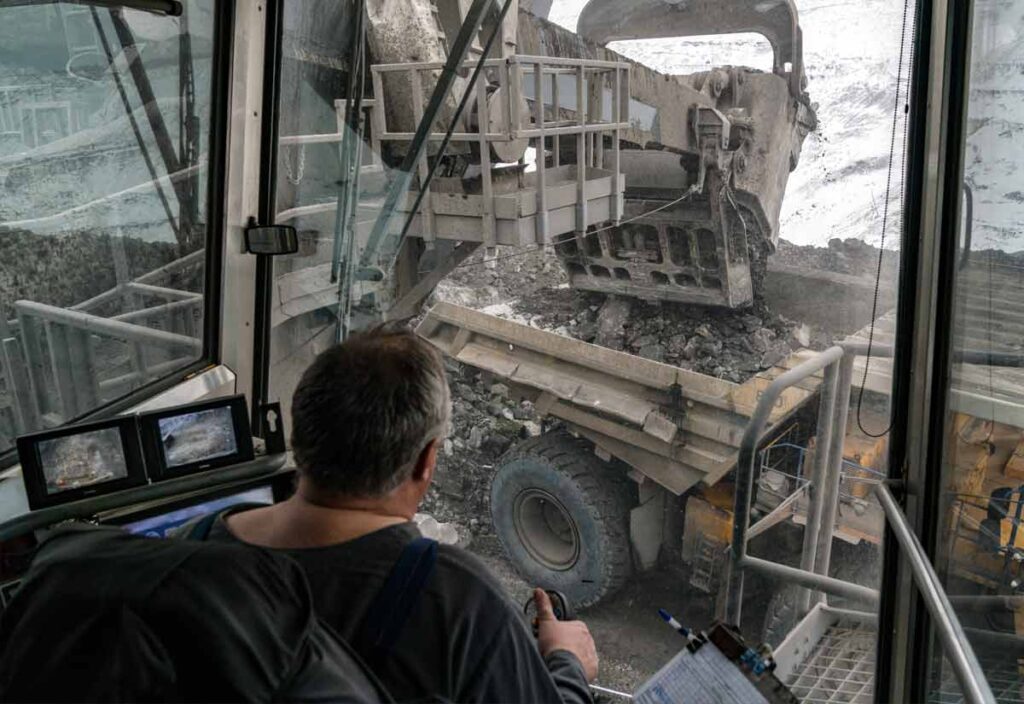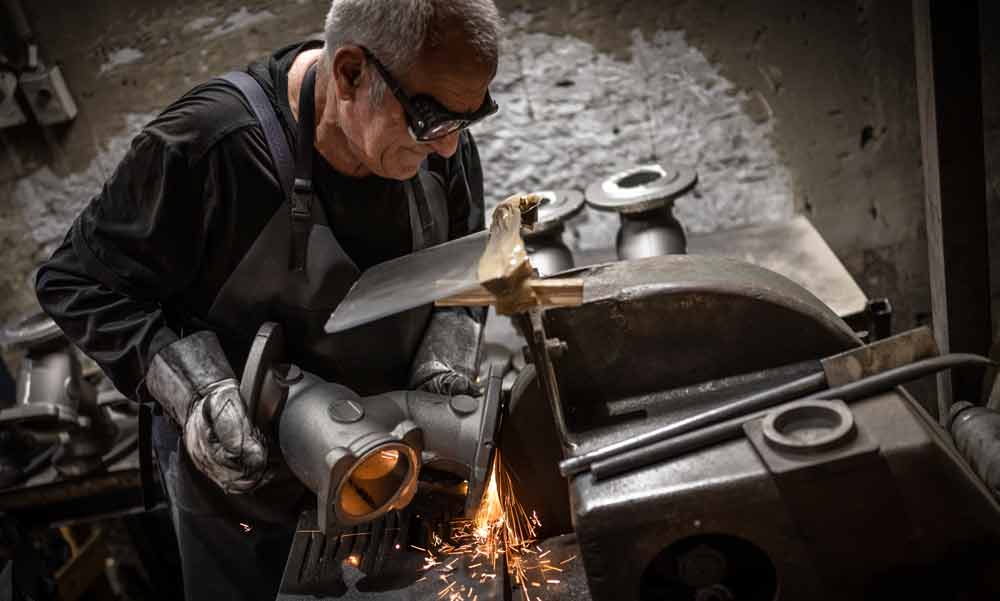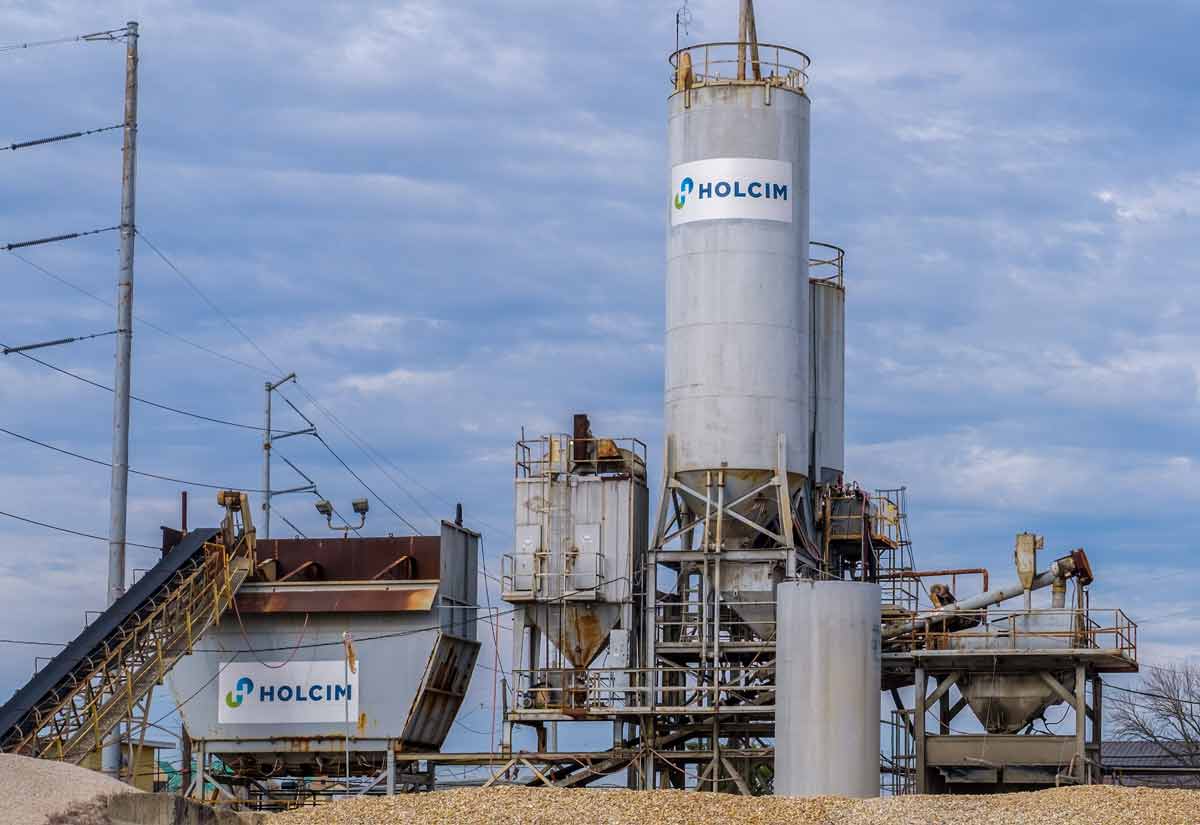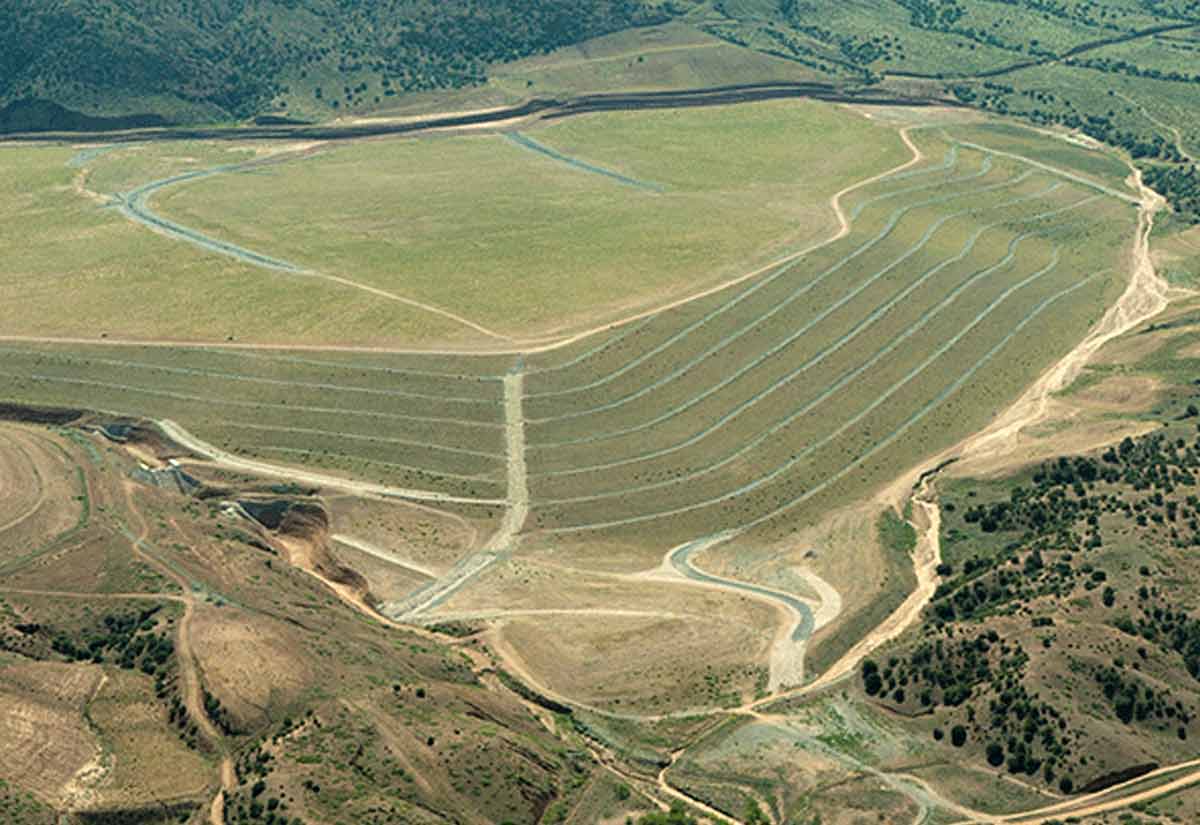How Tailored Schedules Benefit Engineers, Plant Personnel, and Miners
We hear a lot of fuss about innovative workforce perks these days, usually in the cushy settings of Silicon Valley, where ping-pong tables and video games abound and the data mining crowd enjoys a nap on the break room bunks with company-provided snacks.
OK, to give credit where credit is due, debugging millions of lines of code can be quite a project. But moving and processing millions of tons of the minerals that make the digital world possible is no day on a California beach either.
In the heavy industry sector, where the workforce demands engineers, plant personnel, millwrights, electricians, and underground miners, adopting more versatile employee-centric work arrangements has shown promising results in 4 key areas:
- Boosting productivity and profit.
- Increasing job satisfaction
- Increasing valuable employee retention.
- Expanding the top-tier candidate pool.
Heavy industry, heavy-duty professionals face unique challenges due to the demanding nature of their roles. Industrial occupations are now deemed essential to achieve the relentless 21st-century green transition, so 24/7/365 operations in mining and manufacturing are often the rule rather than the exception.
While 6 figure salaries may turn the head of many qualified candidates, at the top tier of heavy industry professionals, the strategic career move decision often involves the professional’s control of the work side of life.
For companies struggling with recruiting and retention, flex time and productivity-based scheduling can indeed be an attractive carrot to add to the recruiting stick. But innovative, 21st-century scheduling also signals that an enterprise is keeping up with the times.
Employee-Centric Schedules Are More Than a Recruiting Tool
That means flexible work schedules are more than just an attractive recruiting perk. Many folks across the global workforce board say they’ve become an absolute necessity for the sustainable work-life balance that is such a priority in the 21st-century human resource arena.
So what are the flexible work scheduling trends that are gaining popularity as the heavy industry workforce moves into 2024?
1. Flextime: A Boon for Millwrights and Electricians
Millwrights and electricians, whose work involves heavy-duty equipment maintenance and installation tasks that can vary in timing, can benefit significantly from flextime arrangements. Flextime allows these professionals to start and end their days according to the demands of their specific punch lists balanced with personal commitments.
Flextime also lends versatility to job progress so ongoing operations can proceed with minimum shutdown interference in productive output at the busiest times. This flexibility can be crucial in accommodating unexpected work scenarios while maintaining a sense of control over one’s schedule.
2. Remote and Hybrid Work Models for Engineering Teams
While remote work isn’t traditionally associated with heavy industry, certain segments, particularly in engineering, can leverage hybrid scheduling models. For tasks such as design, planning, and analysis that don’t require physical presence on-site, offering remote work options with convenient flextime can lead to higher efficiency and job satisfaction.
There’s also the benefit of expanding the available talent pool beyond a “drive time” radius. Theoretically, an engineer in Florida can easily accomplish tasks in the remotest regions of Wyoming or Montana in this age of digital transformation. That deepens the talent pool significantly, with potential candidates available nationwide, rather than just the limited pickings of local talent only.
Autonomous operations onsite will only increase remote work opportunities as technologies such as 5G and AI come into their own in 2024 and beyond.
3. Rotational Schedules for Underground Miners
Underground miners face some of the most physically demanding and time-intensive roles in the industry. Workforce stress unique to miners has been addressed by the CDC as far back as 1994.
“Based upon the perturbed performance, increased or more serious accidents, lowered production, higher absenteeism, health problems, familial problems, low morale, and job dissatisfaction due to working nights and shiftwork, the U.S. Bureau of Mines has analyzed shiftwork schedule design at mining operations.” Mining Product: Shiftwork: A Guide for Schedule Design
Rotational schedules, such as 7 days on/7 days off, can be particularly beneficial. These schedules provide miners with significant recovery time, crucial for their physical and mental well-being, while also allowing extended periods for family and leisure activities, which can be rare in more traditional mining rotation schedules.
4. Embracing Sabbaticals, R&R, and Wellness Breaks
R&R, for “rest and relaxation” was the historical term for recovering from “shell shock” or “combat fatigue” in the military. For stressed-out civilians “sabbaticals”, now also known as “wellness breaks”, are gaining traction.
Whatever you call these “recharging” times for the human workforce, companies on the ball now recognize the importance of mental health and long-term employee well-being. Now heavy industry can take its cue from the Silicon Valley data mines. Companies like Microsoft, Bell Systems, and industrial supplier McMaster-Carr are prioritizing mental health, acknowledging that their human resources are their most precious resources.
Offering extended time off for personal development, relaxation, or volunteering can significantly boost morale and retention, especially among the most valuable long-term employees who might need a break from the relentless industrial routine.
5. Shrugging Off the Time Clock: Results-Only Work Environment (ROWE)
It’s meritocracy at its best, and one that industrial champion and author of “Atlas Shrugged” Ayn Rand would love.
In a ROWE system, employees, including those in heavy industry, are assessed based on their productive output rather than hours clocked. This innovative approach fosters a culture of trust and responsibility, allowing professionals to work in ways that best suit their productivity peaks, ultimately benefiting the organization’s profitable output.
In conclusion, heavy industry sectors are increasingly acknowledging that one-size-fits-all, 19th to 20th-century style scheduling does not work. By adopting employee-centric work arrangements, companies can not only enhance their operational efficiency but also build a more motivated, committed, and satisfied workforce.
As the industry evolves, these flexible work practices are becoming key differentiators in attracting and retaining top talent for 2024 and beyond.
Resource Erectors: Attracting, Recruiting, and Retaining Top Talent For Heavy Industry
Attracting, recruiting, and retaining the top professional talent in heavy industry has been the accomplished mission of Resource Erectors for decades. Over 85% of our placed professionals are still contributing to the success of their heavy industry companies more than 5 years later…and counting! That’s real-world proof that careful matching of candidates to companies increases retention significantly.
Whether your strategic career move is motivated by salary, work-life balance, or you need to make a geographic relocation, Resource Erectors has opportunities for qualified industrial professionals from coast to coast in North America. So don’t hesitate to contact Resource Erectors today so we can all get to work.













